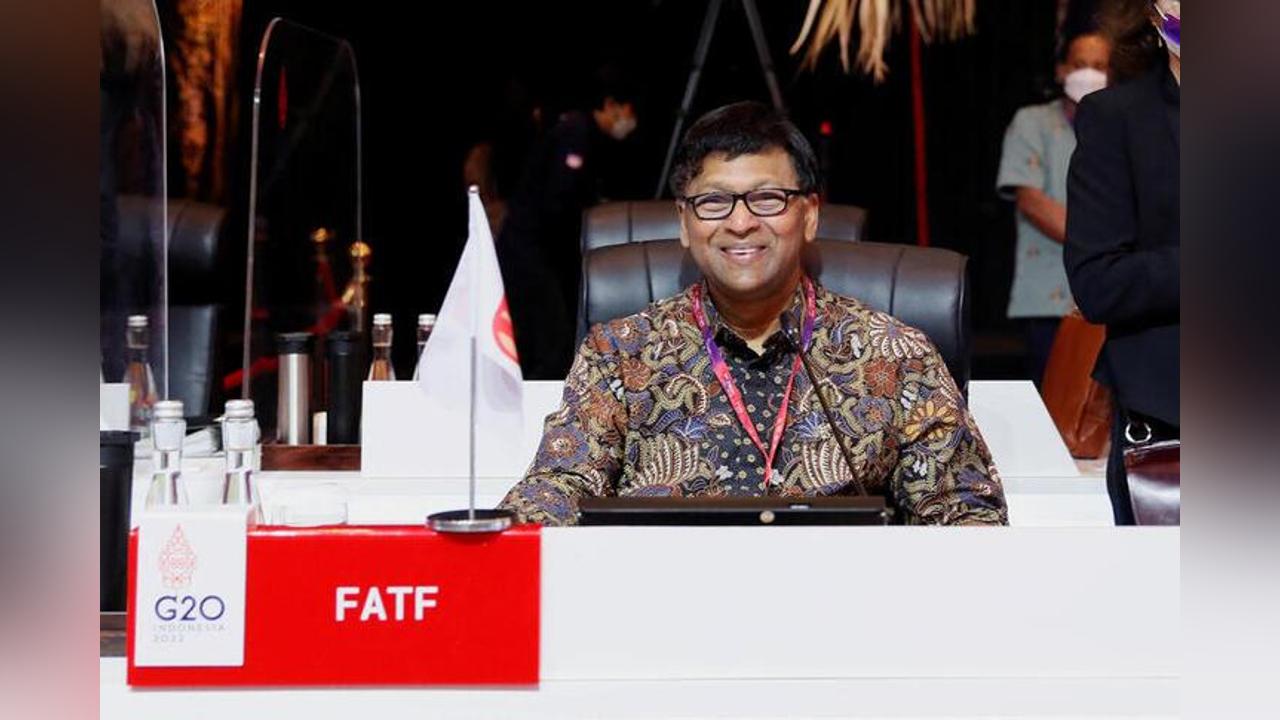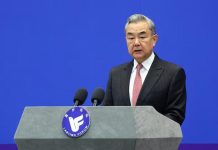Africa-Press – Mauritius. As South Africa races to address the deficiencies that the Financial Action Task Force (FATF) has identified in parts of its systems for anti-money laundering and combatting the financing of terrorism (AML/CFT), it might be helpful to take a leaf out of the book of Mauritius.
Being grey listed is something South Africa should try to avoid at all costs. Mauritius suffered considerably after being placed on the FATF’s grey list in February 2020 and, later that year, on the European Union’s blacklist and the United Kingdom’s List of High Risk Third Countries.
The repercussions of being perceived as a country with high money laundering and terrorism risk profile were serious. Doing business, especially with EU members, became increasingly difficult, which adversely affected the economy.
The impact was particularly severe in the global business and banking sectors, which are major pillars of the island’s economy. The application of enhanced due diligence caused serious delays in payments by banks and in the conclusion of transactions.
This had a negative impact on trade, increased cross-border transaction costs and limited the country’s ability to conduct business effectively. In some cases, investors opted to move the domicile of their businesses, while new investors looked for more compliant jurisdictions.
International business has rebounded since Mauritius was removed from the FATF grey list in January 2022, followed soon afterwards by delisting from the EU and UK lists.
Mauritius no longer features on the non-compliant jurisdiction lists of any international supervisory bodies. The FATF identified five key challenges in Mauritius’s AML/CFT systems.
The two main ones were shortcomings in the disclosure of the beneficial ownership of management companies and the need to ensure that the supervisory authorities in various sectors have effective supervision of their licensees.
The island faced the problems head on. The government showed very strong political commitment, moving swiftly to reinforce the existing AML/CFT legislative and regulatory frameworks and working closely with the private sector, which also showed great commitment.
This was key as neither party on their own could succeed in getting Mauritius off the grey/black lists: while the government needed to put the framework in place, the private sector had to implement it.
As a Mauritian, I am proud of how the government handled the challenge, reaching out to the different sectors of the economy through countless outreach and training sessions. Each regulator held training for their stakeholders on what is expected and how to apply the new rules.
For example, the Financial Services Commission (FSC), which regulates the non-bank financial markets, provided guidance on money laundering and terrorist financing risks to its licensees.
The FSC also updated its AML/CFT handbook and published an enforcement manual, a settlement framework and an administrative regulatory framework aligned with the AML/CFT international standards.
In addition, the FSC applied sanctions and monetary penalties for AML/CFT breaches. The issue of beneficial owner disclosure was addressed by making it compulsory for management companies to disclose their beneficial owners to the regulator concerned, who keeps a register.
Furthermore, any “reporting person”, including management companies and the administrators of global businesses, must conduct an annual independent compliance audit. With all these measures in place, Mauritius was ready for the scrutiny of the FATF.
In October 2021, an FATF delegation paid a two-day site visit to Mauritius, where it held various plenary sessions and met with government, the financial services associations and bank representatives, among others.
Soon afterwards, the FATF reported that it was satisfied with the progress Mauritius had made in reinforcing its AML/CFT framework and removed the country from its grey list.
Whereas it can take a country up to five years to move off the grey list, Mauritius did it in only two. By far the most important factor in achieving that was the strong commitment and willingness to work together from government and the private sector. They had to work together and they did.
For More News And Analysis About Mauritius Follow Africa-Press







